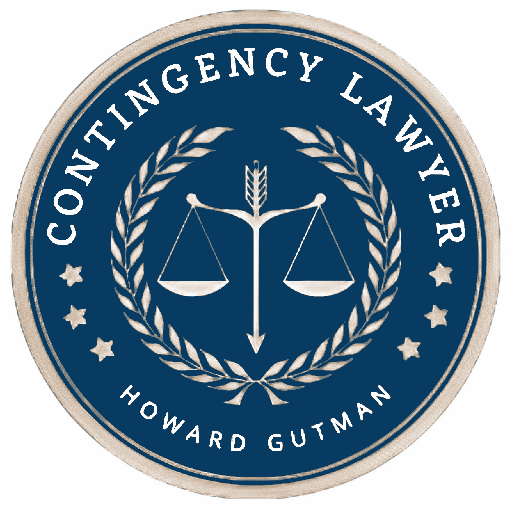Being wrongfully fired is stressful, especially when you’re already struggling financially. Hiring a lawyer on a contingency basis can help because they only get paid if you win your case. However, not all lawyers take cases on contingency, and there are certain things you can do to increase your chances.
1. Explain Your Case Clearly
To improve your chances, start with a clear, simple explanation of what happened.
For example, instead of saying, “I was fired unjustly,” explain, “I was fired because I reported safety violations at work.”
Lawyers prefer cases they can easily understand and explain to a jury. A complicated case might scare them away because it could take too much time to sort out.
2. Provide Strong Evidence
Your claim will need solid evidence to back it up. Lawyers look for documents like emails, performance reviews, or witness statements that support your story.
For instance, if you were fired after repeatedly reporting harassment, provide copies of your complaints and any responses from your employer. The more evidence you have, the stronger your case. Without strong evidence, it’s hard for a lawyer to take on the financial risk of a contingency case.
3. Highlight Your Work History
Your job performance before being fired is important. If you have a history of good reviews, promotions, or awards, bring those to the table.
For example, if you received “Employee of the Month” three times before being fired, this can help show that your termination was unjust. Lawyers are more likely to take cases where the employee had a solid work record, as it suggests the firing was unfair.
4. Stick to the Facts
Focus on what happened, and let the lawyer handle the legal details. For example, instead of saying, “I was fired in violation of Title VII,” say, “I was fired after I refused to go along with illegal activities at work.”
This helps the lawyer quickly understand the facts of your case without getting bogged down in legal jargon.
5. Show the Financial Impact
Be clear about how being fired has hurt you financially.
For instance, explain how much income you’ve lost since being fired, any benefits you’ve missed out on, and any other costs you’ve incurred, like medical bills. If you were earning $50,000 a year and have been out of work for six months, you’ve already lost $25,000 in wages.
Lawyers need to see that your case has enough financial impact to justify taking it on.
6. Be Ready for Questions
Contingency lawyers take on risk when they accept a case, so they will ask tough questions. They might ask, “Did you have any warnings before you were fired?” or “Could there be any reason other than discrimination for your termination?”
Be honest and prepared to answer these questions thoroughly. Lawyers need to know your case can hold up under scrutiny.
7. Be a Cooperative Client
Lawyers prefer working with clients who are cooperative and realistic.
Be honest about your situation, provide information quickly when asked, and be willing to listen to your lawyer’s advice. Unrealistic demands or being difficult to work with can make lawyers hesitant to take your case.
FREE INITIAL CONSULTATION
We offer a free initial telephone consultation to discuss your claim. Please feel free to call or e-mail our office.
Keywords: Wrongful discharge, Contingency lawyer, Employment law attorney, Wrongful termination claim, Age discrimination lawyer, Employment discrimination, Contingency fee arrangement, Whistleblower protection attorney, Lost wages compensation, Retaliation claim lawyer







Leave a Reply
You must be logged in to post a comment.